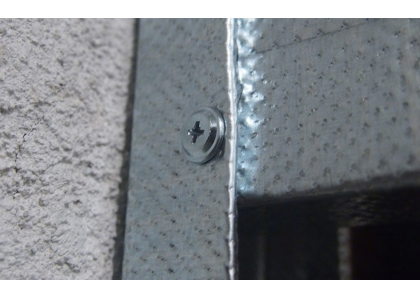
1. Corrosion resistance of galvanized screws
Galvanizing is a treatment method of coating a zinc layer on the surface of screws. The zinc coating has strong oxidation-reduction capacity and good chemical stability, which can effectively prevent the rusting and corrosion of screws. Therefore, it is generally believed that galvanized screws have better corrosion resistance.
However, it should be noted that galvanizing is merely a surface treatment method and its protective effect is limited. If the galvanized layer is damaged, worn and corroded, it will lose its protective effect, resulting in the screws still being rusted and corroded. In addition, in certain special environments, such as strong acids, strong alkalis, high temperatures, and high humidity conditions, the corrosion resistance of galvanized screws will also be severely affected.
2. Are galvanized screws really corrosion-resistant?
Although galvanized screws have certain corrosion resistance, they are not completely corrosion-resistant. In fact, its corrosion resistance still depends on factors such as the severity of the application environment and the requirements for service life. In some extremely harsh environments, the protective effect that galvanized screws can provide is limited. Therefore, when choosing screw materials, multiple factors need to be comprehensively considered.
If higher anti-corrosion performance is required, stainless steel screws or other materials with special anti-corrosion properties can generally be used. In addition, during the installation and usage process, it is also necessary to pay attention to choosing the appropriate installation process and matching screws, nuts and other parts according to the requirements to avoid damaging the screws or galvanized layer during the installation process.